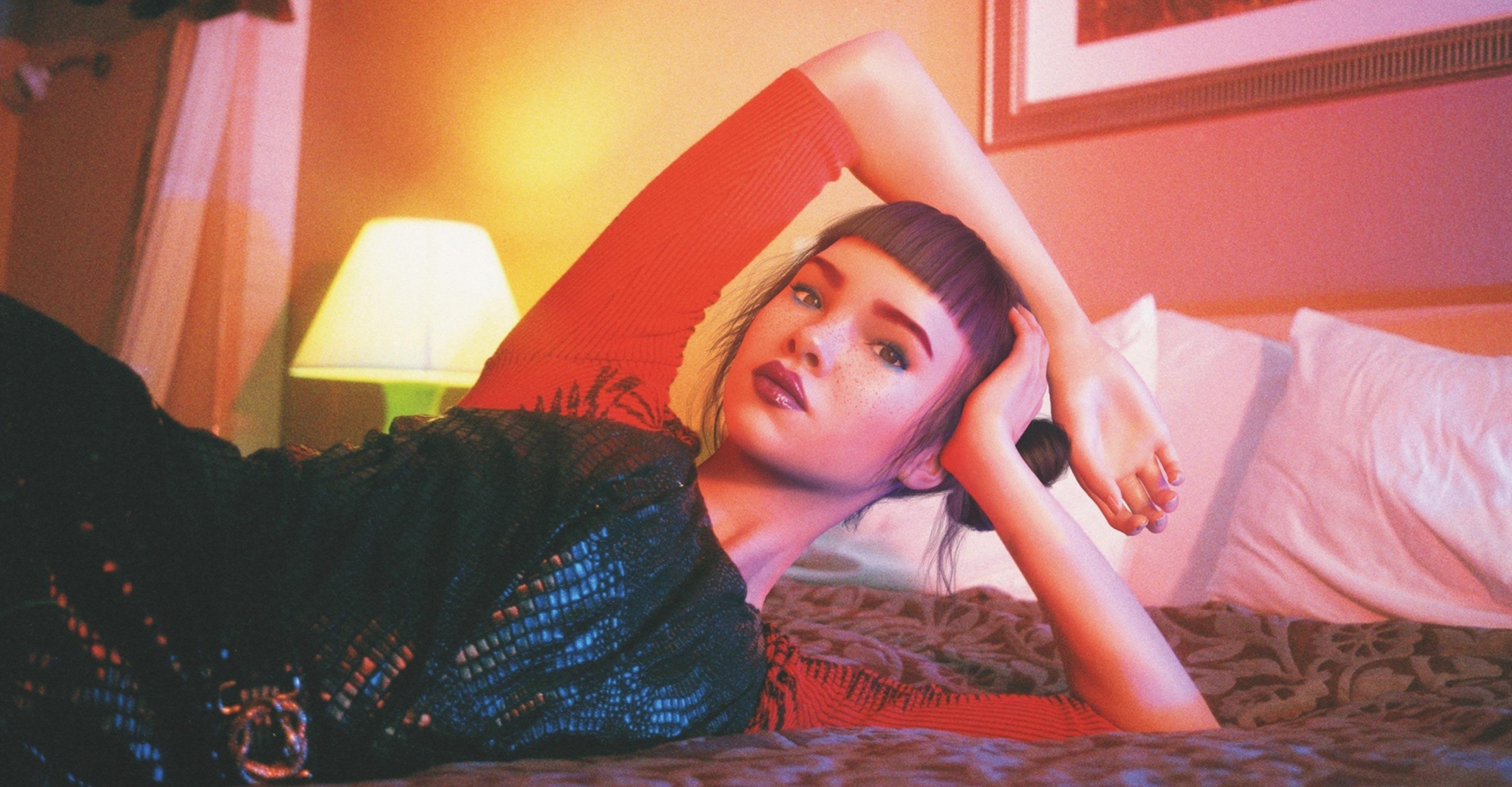A Journey in Black Literature

Similarly to most PR pros, I loved reading as a kid, but between college and a packed social life filled with brunches and happy hours, my passion for reading and getting lost in a good novel vanished completely. This past year, in the name of self-care and wellness, my friend inspired me to challenge myself to reading 20 novels, but not by just anyone — by only black authors.
This challenge isn’t something new. As mainstream society shifts to a collective sense of wokeness, people are recognizing the inequality expressed in art, entertainment and everyday life and finding creative ways to confront it. Most of the top best-sellers lists, lists of classic books, required reading lists from schools and oftentimes recommendations from friends/co-workers are usually dominated by stories by white authors.
Just last week, Barnes & Noble caught flack on Twitter after attempting to promote diversity by editing the covers of classic American literature to reimagine protagonists as characters of color. What the retailer thought was an ode to Black History Month turned out to be a slap in the face to black authors. The books still featured white characters, were written by white authors from a white perspective, but now with a black person on the cover (excluding the one featured book written by a black author, The Count of Monte Cristo, by Alexandre Dumas.) Barnes & Noble’s misstep shines light on the fact that there’s a jarring lack of diversity in popular literature, meaning black and brown voices are going unheard and unread, risking these books irrelevance.
Luckily, there’s no shortage online of like-minded people who are also yearning for stories that captivate the black experience. On Goodreads, there’s lists of popular black classics; on Instagram (#client), I started following Well-Read Black Girl, a book club exclusively for Black women with an annual book fair in New York City; and my mom gifted me Michelle Obama’s unique and thought-provoking memoir, Becoming, right at the top of 2019.
Throughout the year, some books brought me to tears, like Men We Reapedby Jesmyn Ward, that uncovers the deaths of five important men in her life. Her story went far behind looking at black men as just statistics, she showed the detrimental effects of systemic racism on a personal level. While some were modern and relatable, like More Than Enough: Claiming Space for Who You Are (No Matter What They Say) by Elaine Welteroth, which explores the trials of a young black woman in New York City trying to make her way through the media industry.
I especially enjoyed Candice Carty-Williams’s Queenie, a story about a twenty-something living in London balancing her work and family and struggling to fit in to both her Jamaican heritage and British culture. Reading about a first-generation black girl balancing her family and friends, dealing with dating drama and figuring out her career was the first time I’d felt so “seen” since the series premiere of HBO’s Insecure. And while some of the most compelling stories for me are ones like Octavia E. Butler’s Kindred that takes you back to witness the horrors of slavery, I loved finding stories by authors of color that highlight “normal” black experiences unrelated to slavery or poverty.
While they all differed in plot and characters, all of the stories didn’t ignore race and what it means to go through your day-to-day life as a black person, offering a lens into those nuances by exploring race and race relations from a black perspective. I didn’t realize how much I was missing from books that accurately depicted the black experience and how much I could relate to characters with such diverse upbringings, cultures and experiences.
Although I didn’t hit my goal of 20 (because, remember: super packed social life!), I was able to challenge myself to be intentional about the literature I was consuming. My generation, especially those who are children of immigrants, are constantly working to create and explore our identities. Through this challenge, I was able to discover new stories that helped me explore the many layers of my personal identity and celebrate the unique and powerful stories shared from black people across the diaspora. As I look forward to reading more stories from black authors in 2020, I’m encouraging my friends and family to also celebrate and recognize diverse stories by reading books by black authors.
See below for the full list of the 16 books by black authors I read in 2019 (in order of completion):
- Homegoing by Yaa Gyasi
- Becoming by Michelle Obama
- An American Marriage by Tayari Jones
- Americanah by Chimamanda Ngozi Adichie
- Silver Sparrow by Tayari Jones
- We’re Going To Need More Wine by Gabriele Union
- Salvage the Bones by Jesmyn Ward
- Stay With Me by Ayobami Adebayo
- If Beale Street Could Talk by James Baldwin
- More Than Enough: Claiming Space for Who You Are (No Matter What They Say) by Elaine Welteroth
- Sing Unburied Sing by Jesmyn Ward
- The Spook Who Sat By The Door by Sam Greenlee
- Queenie by Candice Carty-Williams
- Men We Reaped by Jesmyn Ward
- Kindred by Octavia E. Butler
- My Sister, the Serial Killer by Oyinkan Braithwaite



